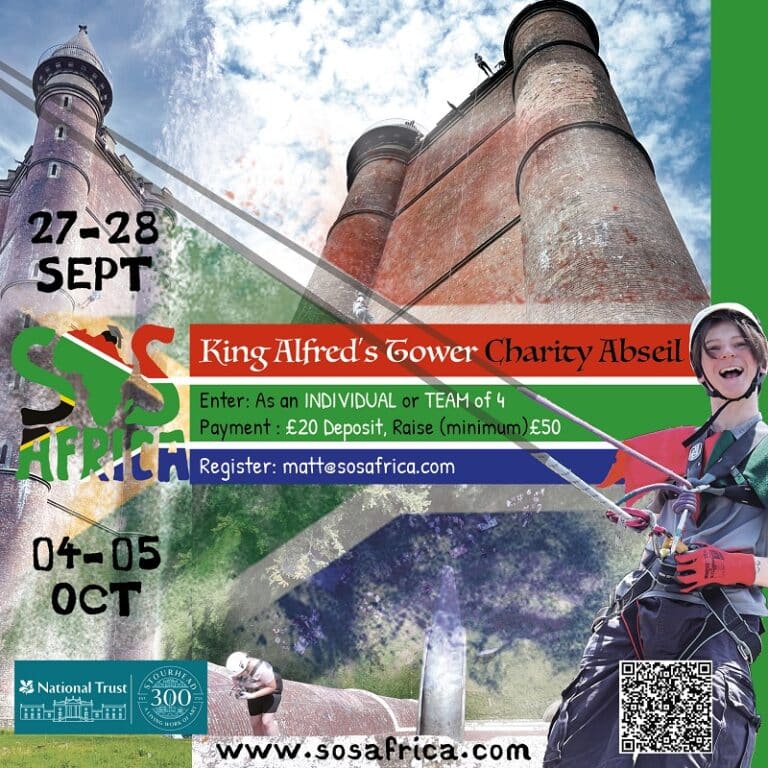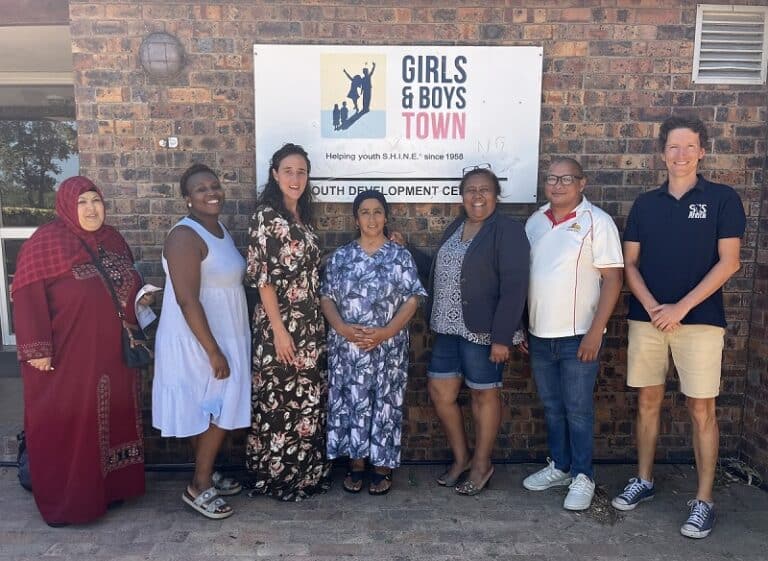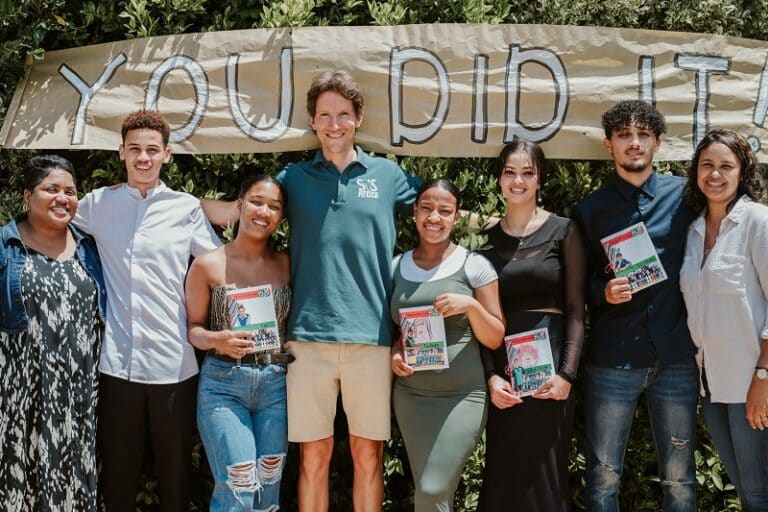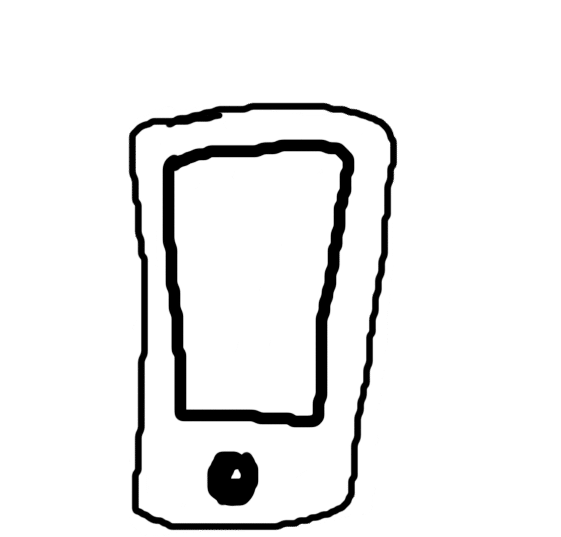SOS Africa Charity explores South Africa’s current reading crisis and looks at the vital and widespread impact which can be made by the rollout of grassroots reading programmes …
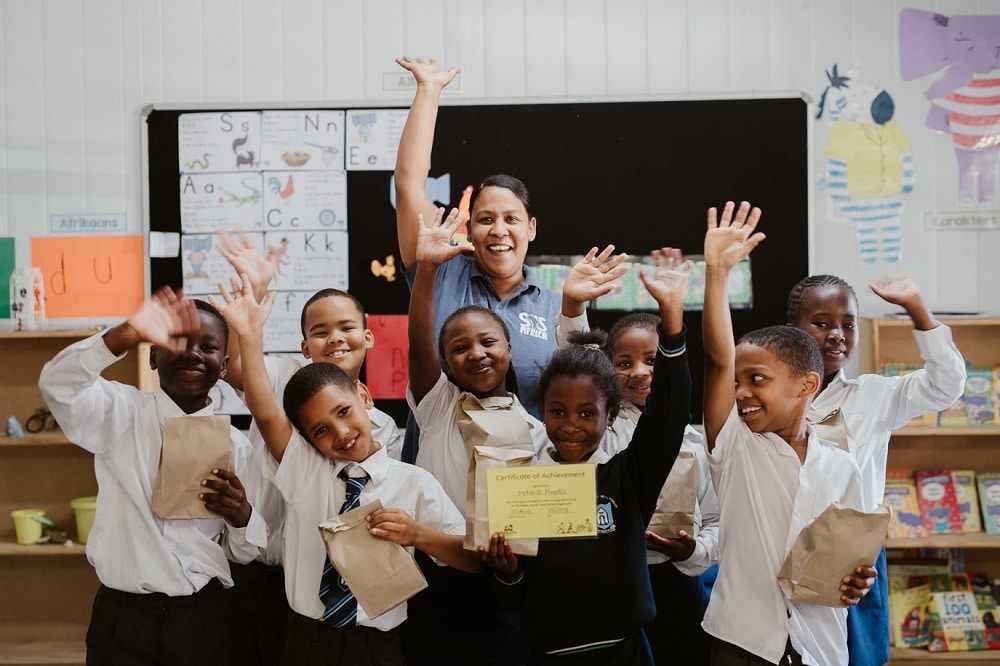
In South Africa, as across the world, learning to read and write is without a doubt, a fundamental part of the education process. Without obtaining these vital skills at an early age, children are unable to acquire, absorb and communicate important information: “Children who do not ‘learn to read’ in Grade 1 and 2 will not ‘read to learn’ in Grades 2 onwards.” (2023 Reading Panel BACKGROUND REPORT, Nic Spaull).
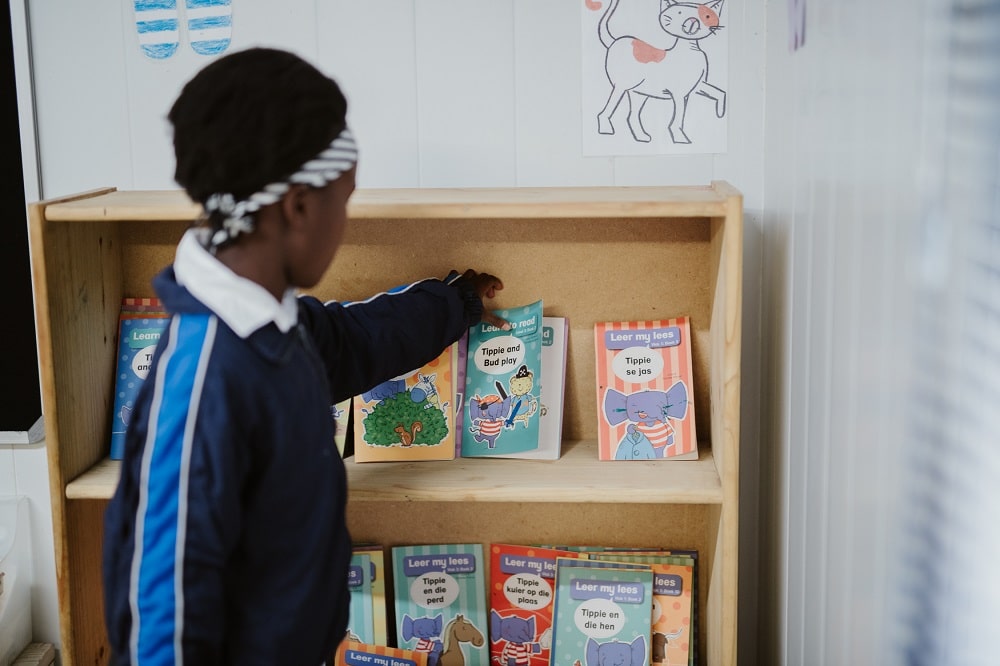
Instead, their learning process stagnates, and their confidence diminishes. It is an all too familiar tale in South African government schools that children without the ability to read or write sit at the back of their classes, totally disillusioned with the learning process. These children either drop-out or actually continue to progress through the school system, not through merit, but because the South African state system does not permit them to fail for a second consecutive year.
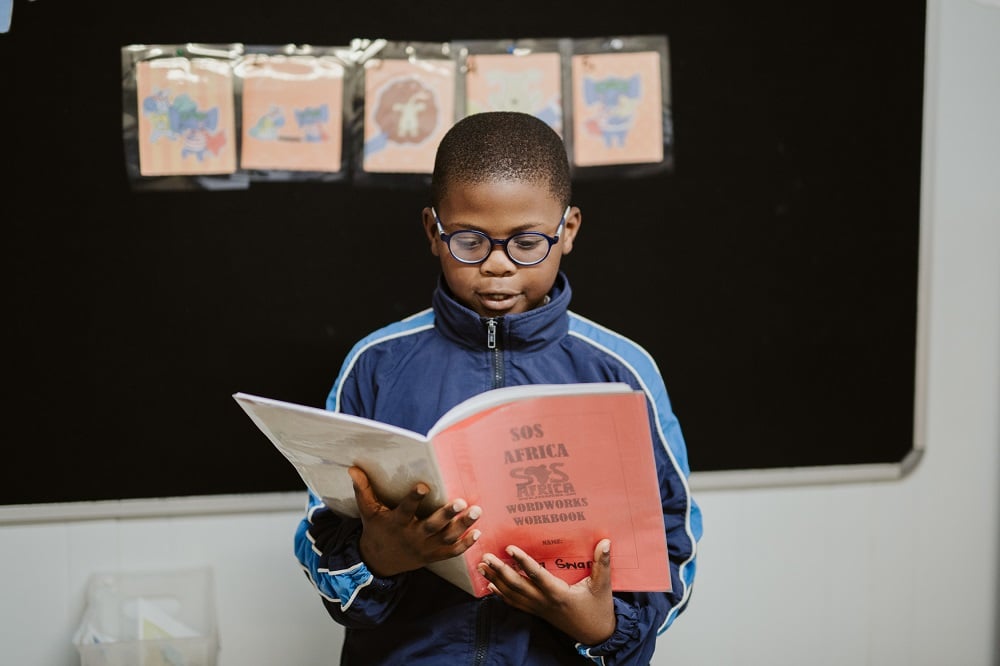
As a result of this broken system, these neglected children are forever in catch-up mode, both in the classroom and in life: “most children leave grade one without knowing the alphabet, while 82% of grade 4 children cannot read for meaning.” (Literacy Crisis Deeping in South Africa, says new report | GroundUp, James Stent). So, the question remains, how do we fix South Africa’s literary crisis?
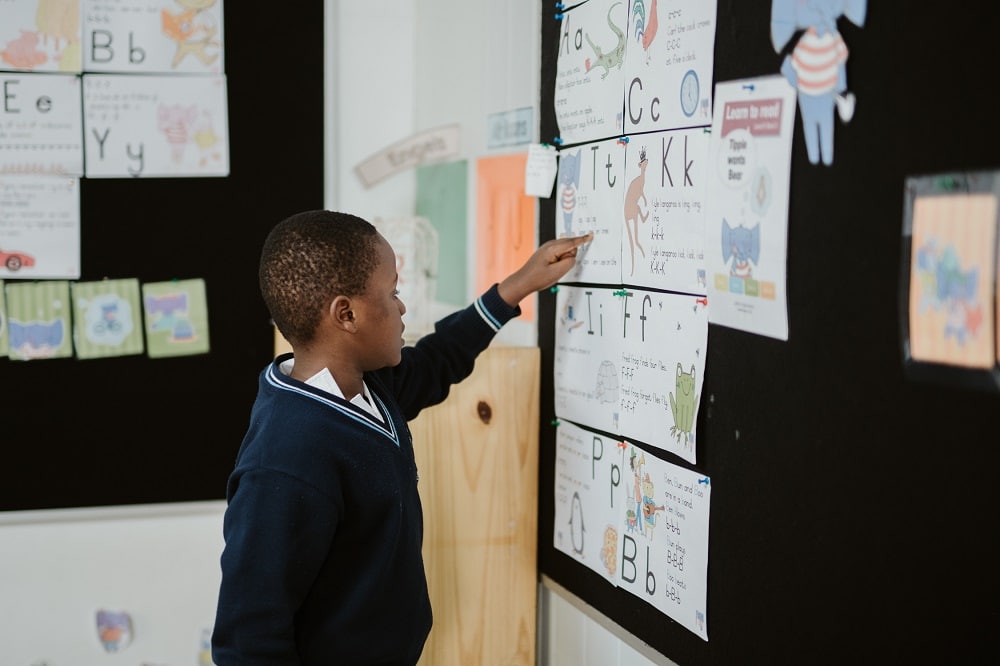
Fixing South Africa’s Literary Crisis
It is clear that a nationwide strategy is urgently required to address South Africa’s current literacy crisis and there is cause for cautious optimism as province-wide reading strategies are currently underway. However, as is often the case, at a grassroots level, NGOs and charities will lead the charge in ensuring that vital support services are provided to the schools overlooked by such ambitious initiatives.

Since 2017, SOS Africa’s Western Cape Education Centres have facilitated the Wordworks Reading Programme each morning to children in ‘literacy catch up mode.’ Working in partnership with Grade 1-3 teachers from government schools, experienced SOS Africa staff are able to identify the students most in need of this essential reading and writing support before their educational progress is severely impacted. They then join small groups of children attending daily Wordworks workshops, supplementing their daily school timetable.
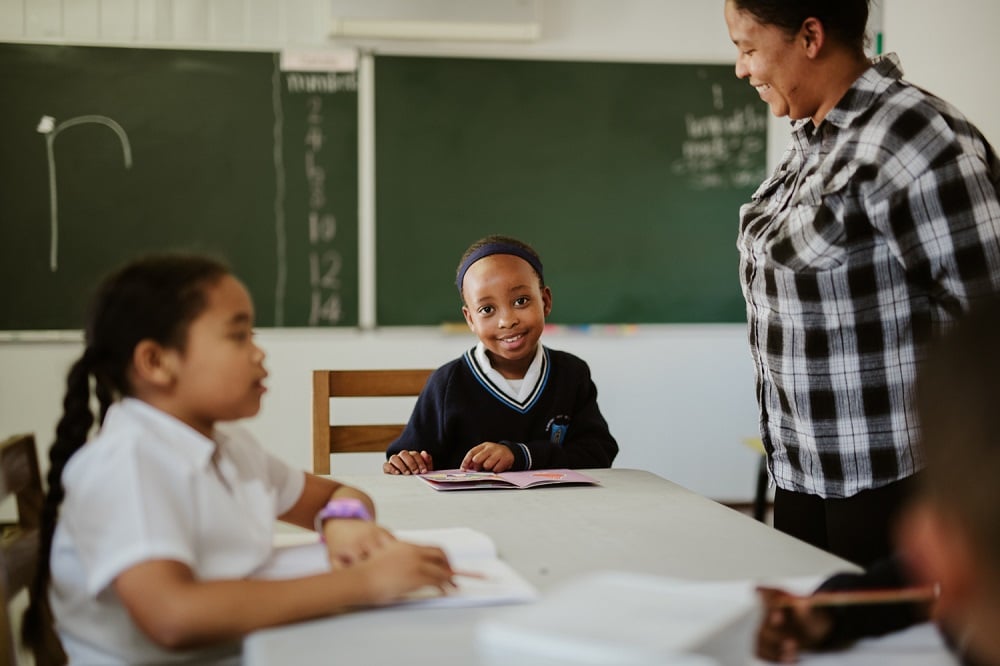
SOS Africa’s Eden MacDonald has over 5 years’ experience in facilitating the Wordworks Reading Programme at partner school Somerset West Methodist Primary:
“There were more than 100 students enrolled on our reading programme this year, the majority of whom could not identify letters or sounds. Many of these children were afraid to come to school, embarrassed that they could not participate in class.”

“By the end of this year, over 50% of these children will have graduated from the programme, now able to read, with confidence fully restored. It is also important not to rush the process; the remaining learners are expected to graduate early next year. Some of our children had no writing or fine motor abilities, unable to comprehend how letters were formed or sounded. Thanks to the Wordworks Programme, they have now mastered these skills and are able to read and write! It is impossible to express how proud I am of all my learners; they were so eager to learn and now there is now no stopping them!”

Since launching this programme at Somerset West Methodist Primary School, Eden and her colleagues have guided over 700 students to graduation. These vital programmes also provide much-needed respite for overwhelmed teachers:
“As a teacher, I can see the difference in the confidence of my learners, their reading speed, comprehension and enjoyment for reading. Learners aren’t scared to read anymore, it’s wonderful to witness.” Ms E Jansen, HOD, Methodist Primary.
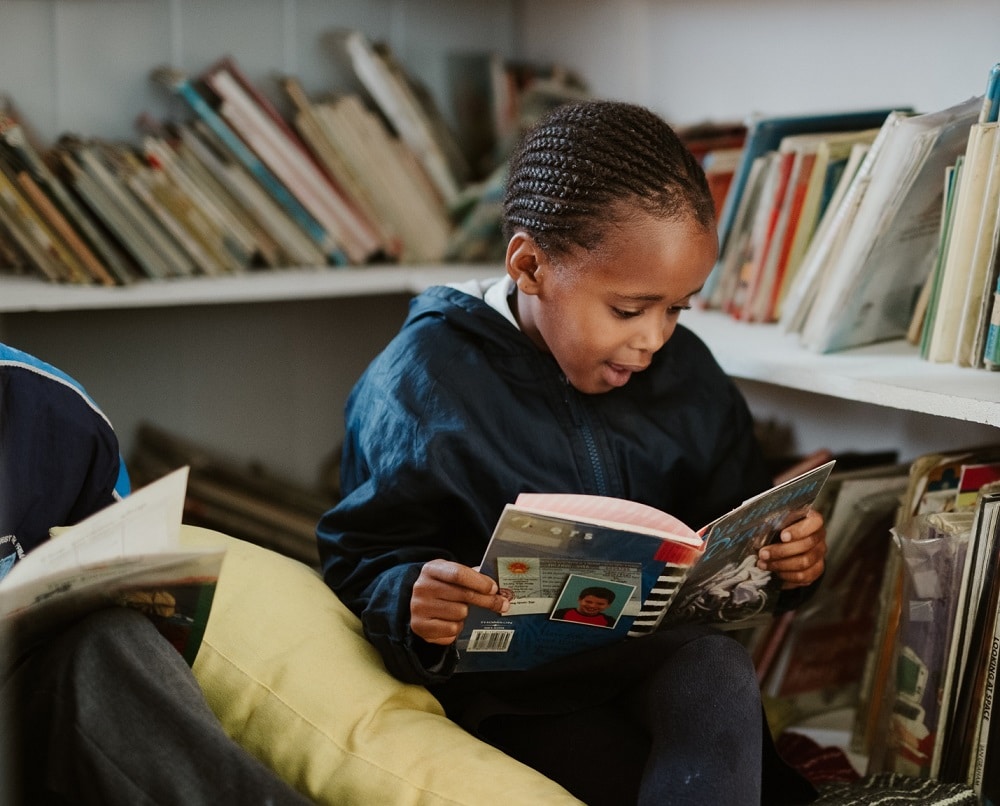
“SOS Africa are miracle workers! My students have gained a love for reading and writing and are no longer shy to grab books and read independently. This has also impacted on their self-esteem and behaviour; we can really see the difference in their body-language and participation in class. Thank you, SOS!” Mrs Dwaru and Mrs Fannie, Teachers, Methodist Primary.


